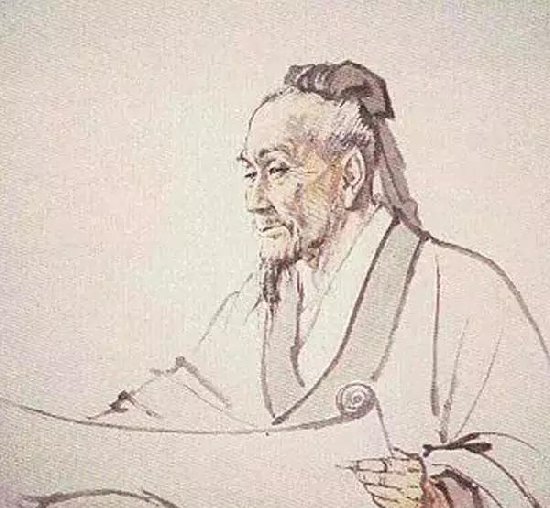(单词翻译:单击)
Zhang Zhongjing(150~219), also known as Zhang Ji, was one of the most eminent Chinese physicians during the later years of the Eastern Han era.
张仲景(150~219),又叫张机,东汉末年最著名的医生之一。
He lived in today's Nanyang in Henan Province.
今河南南阳市人。
During his time, with warlords fighting for their own territories, many people were infected with febrile disease.
当时,军阀纷争战乱不断,很多人都感染了伤寒病。
Zhang's family was no exception.
张家也不例外。
He learned medicine by studying from his townsfellow Zhang Bozu, assimilating from previous medicinal literature, and collecting many prescriptions elsewhere, finally writing the medical masterpiece Shanghan Zabing Lun.
张仲景跟同郡张伯祖学医,还学习以前的医学文献,同时还从别的地方收集到很多处方,最后写成医学名著《伤寒杂病论》。

Unfortunately, shortly after its publication the book was lost during wartime.
不幸的是,这本书公布没多久就因战乱丢失了。
Due to Zhang's contribution to Traditional Chinese medicine he is often regarded as the sage of Chinese medicine.
由于张仲景为中国传统医学所做的贡献,人们称他为“医圣”。
Zhang's masterpiece was collected by later people and compiled into two books, namely the Shanghan Lun(in full, Shanghan Zabing Lun or Treatise on Febrile Diseases") which was a discourse on how to treat epidemic infectious diseases causing fevers prevalent during his era, and the other, highly influential doctrine Jingui yaolue("Synoptic F.ssentials from the Golden Cabinet"), a compendium of his clinical experiences.
张仲景的著述被后人收集整理为两本书,即《伤寒论》和《金匮要略》。前者是关于如何治疗当时流行的能够引发高烧的流行性传染病的论文,后者是他的临床经验的纲要。
He established medication principles and summed up the medicinal experience up until the Han Dynasty, thus making a great contribution to the development of Traditional Chinese Medicine.
张仲景确立了药物疗法的原则,总结了汉代以前的治疗经验,从而为中国传统医学的发展做出了巨大的贡献。


